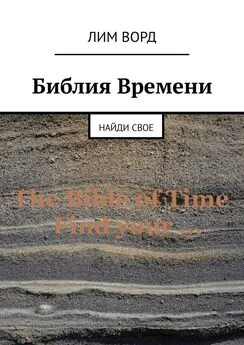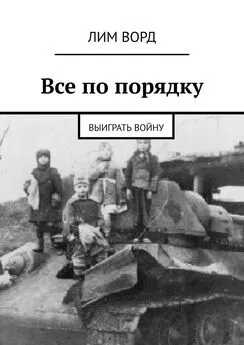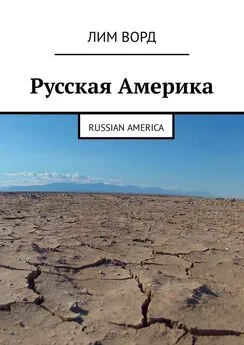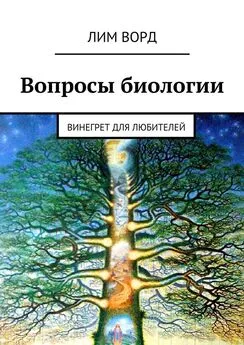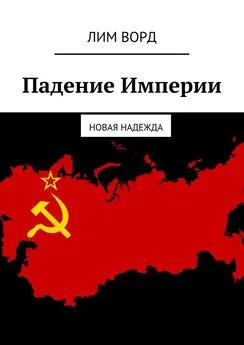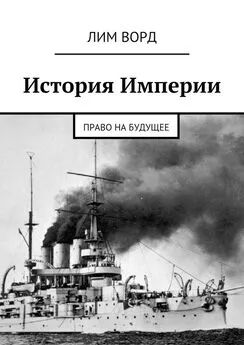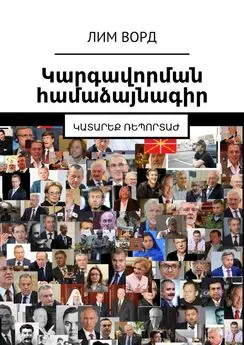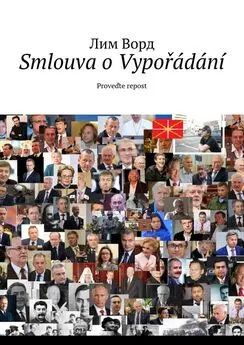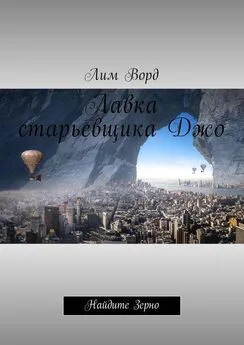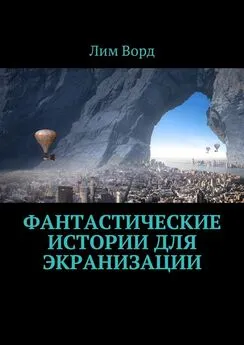Лим Ворд - Библия Времени. Найди свое
- Название:Библия Времени. Найди свое
- Автор:
- Жанр:
- Издательство:неизвестно
- Год:неизвестен
- ISBN:9785449318695
- Рейтинг:
- Избранное:Добавить в избранное
-
Отзывы:
-
Ваша оценка:
Лим Ворд - Библия Времени. Найди свое краткое содержание
Библия Времени. Найди свое - читать онлайн бесплатно ознакомительный отрывок
Интервал:
Закладка:
The duel is set by very strict rules. Opponents are twenty paces from each other and at a signal they converge to the barrier indicated in five meters, thrown by greatcoats. During the passage of this path, a shot is fired. Dantes wounded Pushkin in the stomach. Alexander changes the pistol, the barrel of which is packed with snow, pulling the trigger. The bullet punches his hand and stops on his chest – supposedly stopped by a massive button. It is widely believed that by the time of the duel, d’Anthes prepares a cuirass made of high-quality steel.
The Baron, as well as the adoptive father, is expelled from Russia. Subsequently, Dantes holds high positions in the government of France.
Nicholas the First covers all the debts of the poet from the treasury (138 thousand rubles, of which 94 thousand are card losses), takes part in the fate of four of his children – Alexander, Maria, Natalia and Gregory, in essence, forms the cult of poetry of Pushkin at the state level.
6, 6a Aboriginal Russian (somewhat already forgotten) dish – kulebyaka. For the Eaters of Time. A symbol of traditional Russian cuisine of the nineteenth century. The name comes from the words «kolob» – a small bread, or «kulebyachit» – «cook, roll the dough». The main idea: fresh pancakes separate the pie fillings, not allowing their taste to interrupt each other. As stuffing is used forcemeat of meat of all sorts, cabbage, buckwheat porridge, steep eggs, fish, mushrooms, onions. In shape, the ready-made pie resembles a loaf, as a rule, it is decorated with dyed pigtails from above. To the table, as a rule, it is served chopped into portions slices. Variety kulebyaki – holiday kurik, higher, rounded, reminiscent of the «cap of Monomakh», with stuffing from chicken, buckwheat porridge and eggs with onions – also separated fresh pancakes.
7. Pies. A traditional Russian dish, a patty with a hole from the top («unbuttoned»). In the open middle, right after baking, melted butter, meat or fish broth with shredded parsley is poured. The filling of red fish, or rice with onions and steep eggs is covered with a piece of Caspian sturgeon.
…A new Polish ripens, the so-called. «November» uprising, under the slogan of restoring the Commonwealth within the borders of 1772 (ie with Byelorussians, Ukrainians, Jews and Lithuanians). But not only exorbitant ambitions drive rebels. The reason for the discontent is preliminary censorship, the cancellation of the (Napoleonic) jury trial, as well as the rumors that Polish troops should become the vanguard of the Russian army in the invasion of Belgium (where a bloody religious conflict erupts). In any case, the deeply conspiratorial and ramified, Patriotic (Masonic) Society has long been formed, and it wants not to reason, but to act.
November 29, 1830 conspirators attack the army barracks. The six faithful oaths of the Polish generals die. Captures the Belvedere Palace, in which the failed monarch takes refuge, Konstantin Pavlovich, however, this bird flies away on time. Further, the passive governor refuses to take part in any hostilities, declares that the whole fight is a conflict exclusively between the Poles and his brother, Nikolay the First, dissolves the Russian regiments, retires beyond the Vistula.
Members of the Patriotic Club diligently clean the Polish government, so-called. The Administrative Council. More and more points of view are emerging, anarchy is reigning and, in this mess, a certain general, Josef Khlopitsky declares himself a dictator. The conditions of peace sent to St. Petersburg are reduced, practically to the same thing that Poland has under the Constitution of 1815; except for the point on the restoration, in fact, of the Polish-Lithuanian Commonwealth. The Russian monarch does not promise anything other than an amnesty. The Saeima makes a decree on the detonation of Nikolai the First (and his heirs) on the Polish throne. A full-scale war begins.
European countries hold benevolent neutrality, close their borders to supply the rebels with weapons, ammunition, etc. The most disturbed by what is happening in Poland is England – she sees here the continuation of the Jacobin and Napoleonic epics.
The dispersed Russian troops suffer at first a number of serious defeats, or, at least, achieve a draw result. Then the centers of the uprising in Volhynia and Lithuania are suppressed. The situation is somewhat straightened and, on May 26, 1831, a battle will take place near the Polish Ostroleka. The forces of the parties: the Kingdom of Poland – 30 thousand people, 74 guns, Russia – 35 thousand, 148 guns. An important role in this conventional frontal battle is played by artillery; Russian gunners take a more advantageous position, shoot more accurately and more often. Irrevocable losses of the parties: Poles – 9 thousand, Russians – 5 thousand people. Polish troops retreat to Warsaw. The besieged capital raises excitement, the government is replaced. Everyone understands what will happen soon, and absolutely do not want to participate in it.
During the negotiations for the surrender of Warsaw and surrender, the 32,000-strong Polish army promptly leaves the city, withdraws beyond the Vistula and disarms there by the Austrians. On September 7, Russian troops enter Warsaw solemnly. The poet Alexander Pushkin writes patriotic poems, which, as a rule, are not presented to the Soviet and Russian readers in poetry collections:
It happened – and on the day of Borodin
Again our invaded banners
In the breaks of the fallen Warsaw again;
And Poland, like a running regiment,
In the dust throws a banner bloody —
And the mutilated mutiny was silent.
Presenting a discord between the Poles’ striving for freedom and admiration for the executioner of the French Republic, Emperor Napoleon:
And you hate us…
For what? answer: for whether,
What is on the ruins of flaming Moscow?
We did not recognize impudent will
The one under whom you trembled?
On February 26, 1832, the Organic Statute appeared. According to it, the Polish Kingdom is declared an organic part of Russia, the Polish army, the Sejm, the national monetary system are abolished. Many Poles with families settle in different countries of Europe, spreading there seeds of enmity towards Russia. Polish women introduce, in their environment, a new custom – they wear black ribbons in their hair – «a sign of mourning for the lost Motherland».
Inside Russia, meanwhile, the world. Terrorism, as such, is not yet in sight. There is a strict regulation of everything, but the rules do not change on the move, and, having understood them, it is easy to conduct their business. The education system, industry, trade and banking system are strengthened. Corruption exists, mainly, only in the lowest levels of officialdom. The number of state, practically free peasants is increasing; they freely move around the country, buy, sell, conclude legally registered contracts. The state extends its protectorate to serfs, treating them primarily as citizens, sometimes arresting the estates of the landowners for inhuman treatment of their subordinates.
However, the firmness of this system gives rise to problems that arise in a military conflict. The very beginning of the Crimean War is an example of intransigence, inability to «unravel» the technical misunderstanding, which becomes casus belli first, the cause for war, and then a heavy defeat. So, in 1853, in order to exert pressure on Turkey in the matter of control over the Church of the Nativity in Bethlehem, Russia introduces troops to Wallachia and Moldavia. Nikolay the First absolutely does not wish to hear opinions of England and Austria in this occasion. Meanwhile, Britain, and without large-scale wars in the East, by means of cleverly drafted free trade agreements, etc., makes Turkey a dependent country, an important market for the sale of its industrial goods. The emperor is also not interested in the fact that Napoleon the Third, and the French people in general, is tired of the world, maybe wanting to take revenge for past defeats and to play with muscles. Moreover, Nicholas provokes the French monarch, pointing out in his congratulatory telegram: «Monsieur mon ami» («dear friend») instead of the permissible «Monsieur mon frère» («dear brother») protocol. In fact, the dynasty of Bonaparte is excluded from the succession by the Congress of Vienna, everything is correct, but, in this case, one could accept the state of things as it is. All these accumulated little things lead to the fact that on October 16, 1853 Turkey, and after a while two more world empires – France and England, also joined them Sardinia, the largest Italian kingdom, declare war on Russia. Knowing the outcome of the conflict in advance, one could suggest to the emperor: human rights in Wallachia, Moldova and Montenegro (where recently, in the suppression of the national uprising, Ottoman troops display unacceptable brutality) – that’s what you need to declare casus belli, and in colors to advocate the need for armed intervention throughout Europe. Then, give orders to enter the Russian expeditionary corps in the Danube princedoms, etc. But, there is no such adviser in the environment of the Russian emperor: only court flatterers have remained. Nikolai forgets that somewhere there are people who have their own opinion, and they also have loud guns.
From the war can not escape, but, at least, it needs an important reason not to lose face. In this military conflict, neither side looks like a fighter for the truth, neither for freedom, nor for faith.
November 30, 1853, the Sinop naval battle takes place. Near the town of Sinop (roughly the middle of the Black Sea coast of Turkey), the Port prepares forces for landing in Sukhumi and Poti. The detachment of ships P. Nakhimov blocks the bay, waits for the arrival of the main forces and makes an attack, trying to enter between coastal batteries and the Turkish fleet. The rest can be called «carnage» – without special military tricks, mixing ships and swapping volleys. Both sides have a novelty of military thought, bomb weapons – a cross between a large-caliber mortar and a mortar. Russian gunners for the first time in history, and quite successfully use a particularly large caliber, allowing the canopy to shoot 25 kg of explosive (with a high content of gunpowder) projectiles. The Turkish fleet and coastal batteries lose 3,000 people killed and wounded, and 200 sailors, including commander of the fleet Osman Pasha, are taken prisoner. Lit up, 7 frigates are thrown ashore, 3 corvettes, a steamer and a lot of small boats, down to fishing boats, 3 transport damage, 2 coastal batteries are destroyed. The Russian fleet loses about 150 people dead, 3 linear ships receive damage. In the battle, Russian steam-and-fregas (using propellers, speed at this point 15 km h) also participate, but they come to the end of the battle; Sinope battle becomes the swan song of sailing ships of the line.
Конец ознакомительного фрагмента.
Текст предоставлен ООО «ЛитРес».
Прочитайте эту книгу целиком, купив полную легальную версию на ЛитРес.
Безопасно оплатить книгу можно банковской картой Visa, MasterCard, Maestro, со счета мобильного телефона, с платежного терминала, в салоне МТС или Связной, через PayPal, WebMoney, Яндекс.Деньги, QIWI Кошелек, бонусными картами или другим удобным Вам способом.
Интервал:
Закладка:
